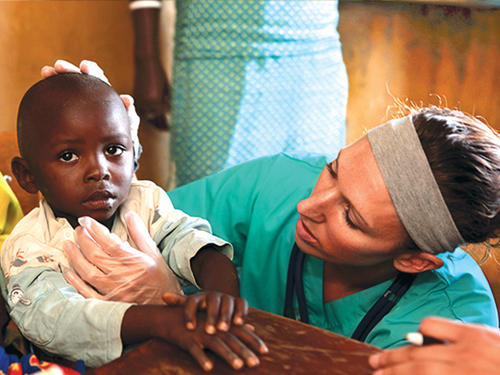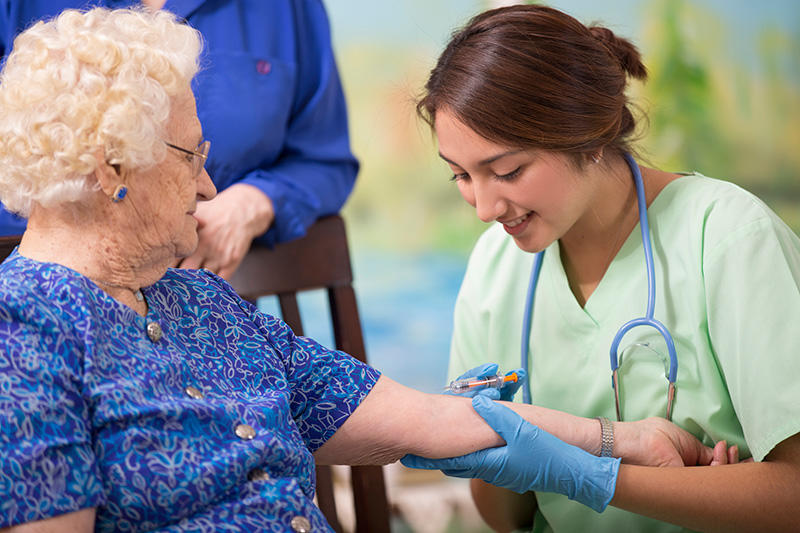Featured
Tags
Share

When it comes to health equity, the vision is that by 2030 all communities have universal access to health workers. Projections developed by the World Health Organization on the requirements to attain high and effective coverage of the broad range of health services necessary to ensure healthy lives for all means that 40–50 million new health and social care workers need to be trained and deployed globally. This includes at least 18 million additional health workers in low- and middle-income countries.
Assessing Your Interest in Population Health
Movement towards health equity requires action from those who feel a calling towards serving local and global communities. Do any of these roles sound like something you’d be passionate about?
- Working with communities and populations throughout the world
- Leading projects and teams that implement solutions for a diverse range of public health programs and policies
- Becoming a leadership change agent
- Improving health outcomes at the population and community level
- Making a lasting difference
If so, a career in public health might be right for you. And, there’s a great need for professionals with this specialty.
Addressing the Shortage
Due to the growing U.S. population and a substantial portion of the current workforce reaching retirement in the next few years, it is estimated that we will need 250,000 more public health workers by 2020 according to the Association of Schools of Public Health. This includes shortages of public health nurses, physicians, epidemiologists, healthcare educators and administrators.
Several factors contribute to the shortage of healthcare workers:
- The aging population generating a greater need for care
- An aging healthcare workforce retiring many workers
- Increases in chronic diseases
- Limited capacity of education programs
Improving the Health of the Population
Public health is responsible for many aspects affecting global health, such as keeping our food and water supply safe, containing outbreaks of infectious diseases, informing policy-making and helping remove disparities in access to healthcare. Public health focuses on prevention and wellness.
The health of the population is one of the many complex factors that will influence the need for future healthcare professionals. Below are just some of the goals set forth by America’s Healthy People 2020:
- Improve blood pressure control among adults with hypertension
- Improve blood glucose control in patients with diabetes
- Lower cholesterol levels for adults with hypercholesterolemia
- Decrease obesity through improved nutrition and more exercise
- Decrease the number of smokers
The growing need for qualified healthcare professionals isn’t exclusive to the United States – it is a trend seen around the world. And, better healthcare accessibility throughout the world could dramatically improve outcomes globally.
Filling the Need for Healthcare Workers
Interested in learning how you can contribute to improving the health of communities? Explore the exciting opportunities available through Chamberlain University’s Master of Public Health (MPH) degree program.
Healthcare professionals with advanced training (i.e. physicians, nurses, veterinarians, pharmacists, physical therapists, social workers, safety engineers) may find that the MPH degree program will add value to professional practice and enhance skills with different populations and communities. Request more information here.
By Natalie Sobolewski
More from Careers
Request More Information
To receive the Chamberlain University Program Guide, including associated career paths, please select a program of study.






